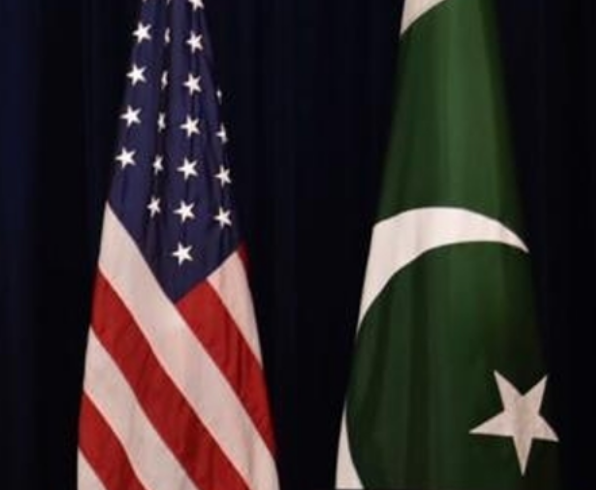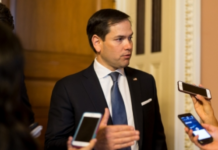NEW DELHI– President Donald Trump’s decision to back Pakistan in oil exploration and mining projects may prove to be a costly gamble, analysts caution, pointing to the country’s poor track record of failed drilling attempts and volatile security environment. An analysis by Marcus Andreopoulos in Inkstick described the move as an “unforced error” that risks draining U.S. resources with little chance of return. While Pakistan’s Balochistan province has long been flagged as a potential source of oil, decades of exploration have failed to yield commercial discoveries.
“By agreeing to assist in oil extraction, Trump is overlooking the inevitable strategic pitfalls that lie ahead,” Andreopoulos wrote. “Unsuccessful drilling has consistently disproved claims of vast oil reserves.” Beyond financial risks, experts point to rising violence in Pakistan, particularly targeting Chinese workers and infrastructure linked to Beijing’s Belt and Road projects. Adding U.S. involvement could deepen local resentment and entangle Washington in domestic unrest.
Balochistan, already a hub of ethnic and political turmoil, has seen longstanding grievances against foreign exploitation. Analysts warn that U.S. entry into oil ventures could worsen tensions, especially as China’s presence through the China-Pakistan Economic Corridor has already drawn backlash. Strategically, Balochistan offers the U.S. a vantage point to monitor neighboring Iran, but any attempt to leverage the province for geopolitical advantage risks inflaming anti-Western sentiment in a highly sensitive region.
Despite Trump’s optimism about “massive oil reserves,” Pakistan’s proven crude oil resources are modest — estimated at 234 to 353 million barrels, ranking the country near 50th globally. At current consumption levels of more than half a million barrels a day, domestic reserves would cover less than two years of demand without imports. Pakistan currently produces only 70,000 to 80,000 barrels daily, covering just 15–20 percent of its needs, leaving it heavily reliant on foreign suppliers, including the United States. Fuel prices in Pakistan remain among the highest worldwide, underscoring its dependence on imports.
Industry officials note that Pakistan’s refining capacity is limited and outdated, while political instability and security threats deter foreign investors. Exploration success rates remain extremely low. “Financial, political, and security concerns make Pakistan a tough environment for energy projects,” one Indian Oil Corporation official said, pointing to the high costs faced by local consumers. For now, Islamabad will be hoping Trump overlooks the risks and channels investment into its struggling energy sector — even if Washington never sees a payoff. (Source: IANS)














